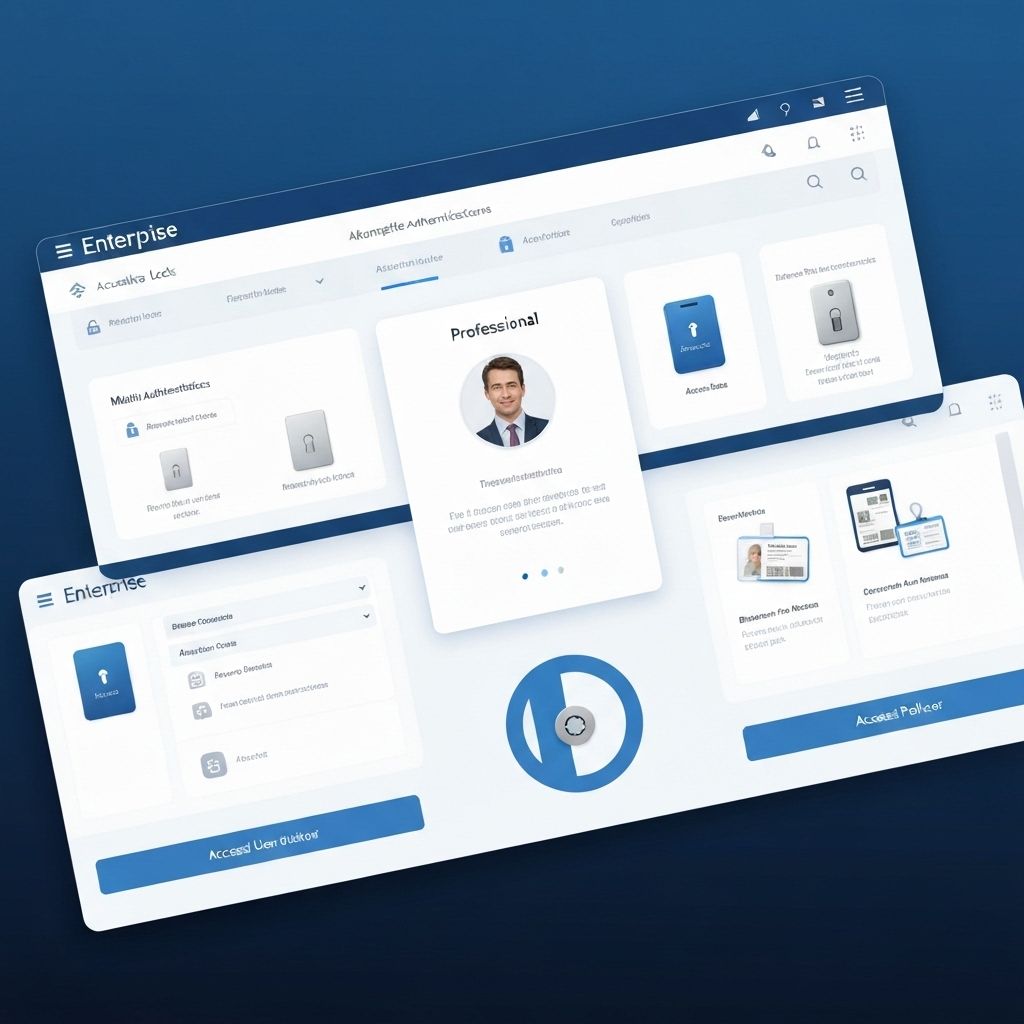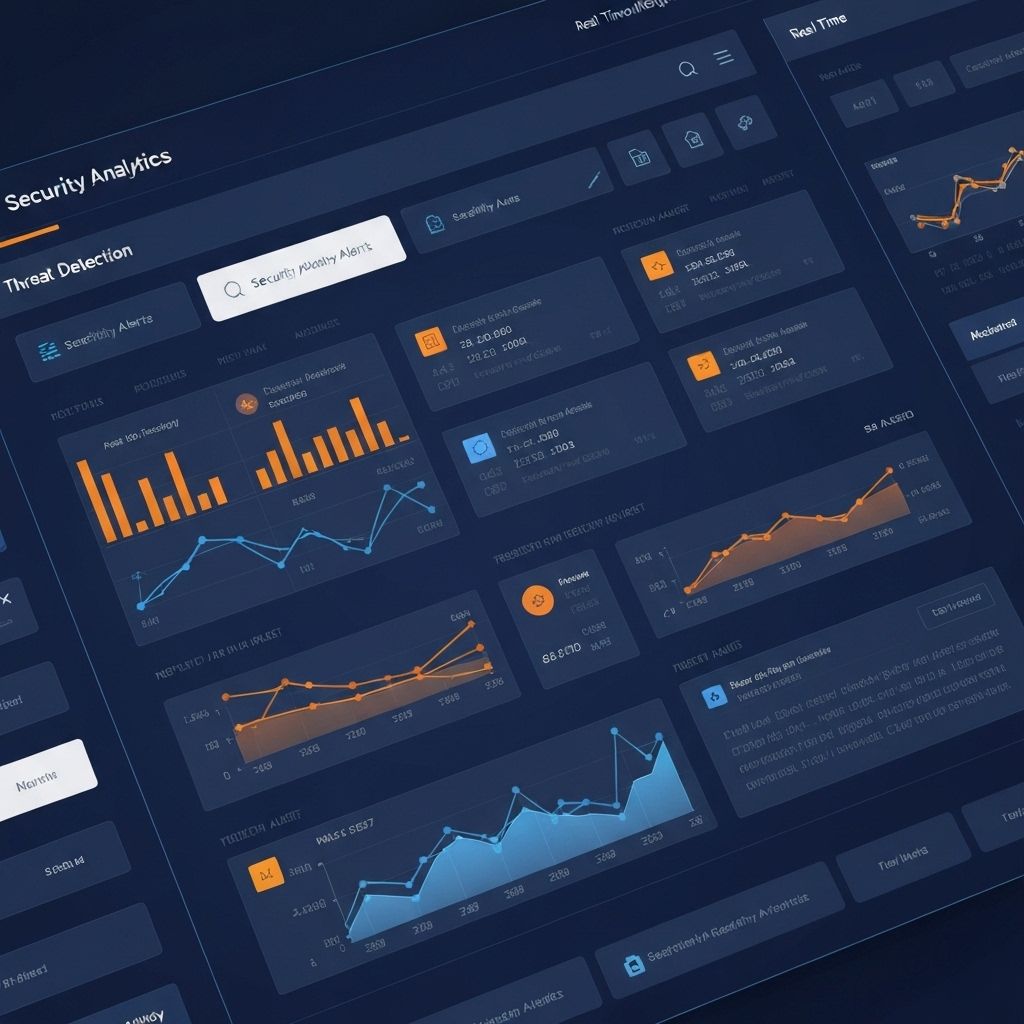Azure OpenAI Security Guide
Comprehensive security guidance for deploying and managing Azure OpenAI Service with enterprise-grade security controls and compliance features.

Key Security Features

Built-in content filters to detect and prevent harmful content across multiple categories with customizable severity levels.
- Hate and fairness filtering
- Sexual content detection
- Violence and self-harm prevention
- Custom content filters

Fine-grained access management for OpenAI resources with enterprise-grade authentication and authorization.
- Azure AD authentication
- API key rotation
- RBAC for deployments
- Network access restrictions
Data Privacy & Compliance

Data Handling
Your prompts and completions are NOT used to train OpenAI models. Data is processed in your Azure region and encrypted at rest and in transit using industry-standard encryption protocols.
Compliance Certifications
- SOC 2 Type II
- ISO 27001, 27018, 27701
- HIPAA BAA available
- GDPR compliant
Data Residency
- Regional deployment options
- Data stays in your region
- No cross-border transfers
- Customer-managed keys
Abuse Monitoring

Real-Time Threat Detection
Azure OpenAI monitors for potential abuse patterns including:
- Unusual usage patterns
- Content policy violations
- Rate limit abuse
- Suspicious API activity
Security Best Practices
Rotate API keys regularly, use Azure Key Vault for secure storage, and implement least-privilege access principles.
Use private endpoints, configure firewall rules, and implement VNet integration for enhanced network isolation.
Enable diagnostic logging, set up alerts for anomalies, and regularly review access logs for security incidents.